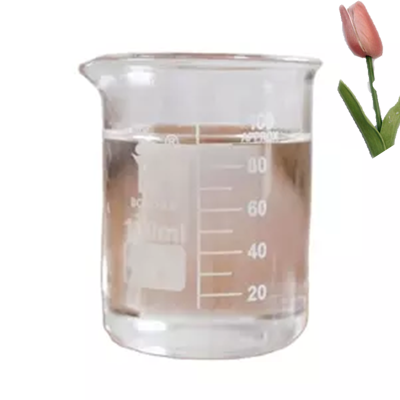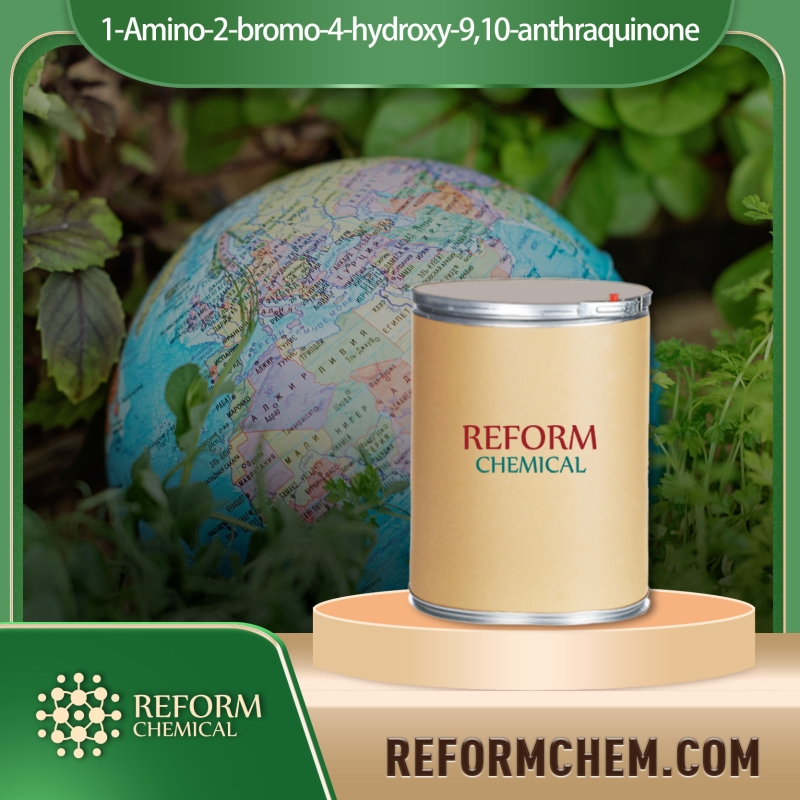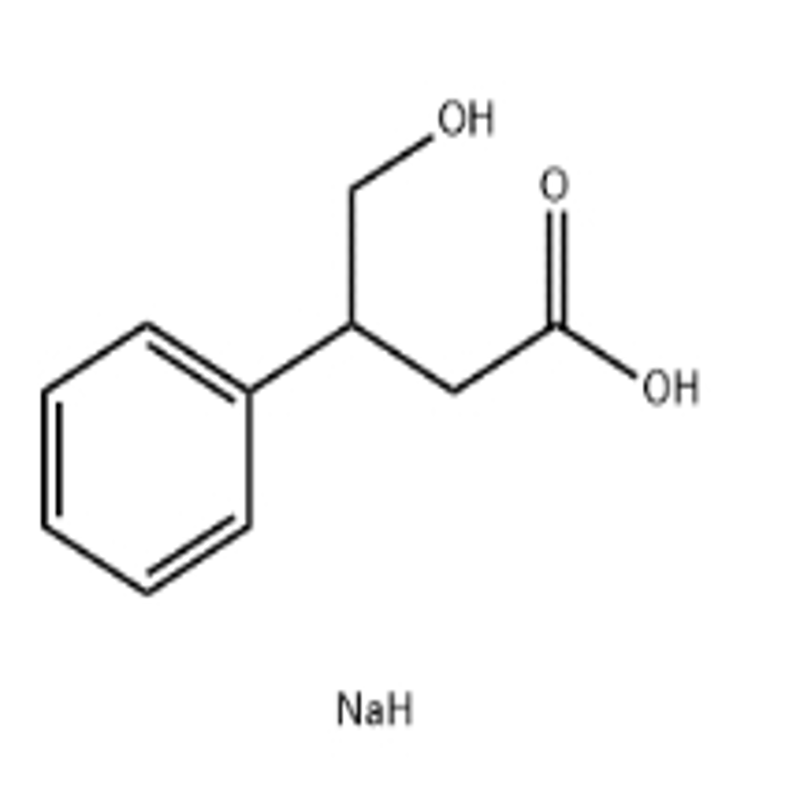-
Categories
-
Pharmaceutical Intermediates
-
Active Pharmaceutical Ingredients
-
Food Additives
- Industrial Coatings
- Agrochemicals
- Dyes and Pigments
- Surfactant
- Flavors and Fragrances
- Chemical Reagents
- Catalyst and Auxiliary
- Natural Products
- Inorganic Chemistry
-
Organic Chemistry
-
Biochemical Engineering
- Analytical Chemistry
-
Cosmetic Ingredient
- Water Treatment Chemical
-
Pharmaceutical Intermediates
Promotion
ECHEMI Mall
Wholesale
Weekly Price
Exhibition
News
-
Trade Service
The chemical industry is a vast and complex system that involves the production and processing of a wide range of chemical products.
These products are used in various industries, including manufacturing, construction, pharmaceuticals, and agriculture.
In the chemical industry, there are two main types of products: upstream and downstream products.
Upstream products are the raw materials that are used to produce chemicals.
These materials are often extracted from natural resources such as crude oil, natural gas, and water.
Examples of upstream products include ethylene, propylene, and benzene.
These materials are used as the building blocks for the production of a wide range of chemical products.
Downstream products, on the other hand, are the finished chemical products that are produced using upstream materials.
These products are used in a variety of applications, including plastics, fibers, detergents, and pharmaceuticals.
Examples of downstream products include polyethylene, polypropylene, and tranexamic acid.
The chemical industry is a crucial part of the global economy, as it provides the building blocks for many of the products that we use on a daily basis.
The production of upstream and downstream products is a complex process that involves a number of different steps.
The production of upstream products begins with the extraction of raw materials from natural resources.
This process often involves the use of advanced technologies, such as fracking and deep-sea drilling, to access hard-to-reach resources.
Once the raw materials have been extracted, they are often processed and refined to remove impurities and improve their quality.
The production of downstream products involves the use of upstream materials as raw ingredients.
These materials are often transformed into finished products through a series of chemical reactions and processes.
This can include the use of catalysts, heat, and pressure to create the desired chemical reactions.
Once the chemical reactions are complete, the finished products are typically purified and packaged for shipment to customers.
The chemical industry is an important part of the global economy, as it provides the building blocks for many of the products that we use on a daily basis.
From clothing and electronics to pharmaceuticals and cleaning products, the chemical industry plays a crucial role in our lives.
However, the production of upstream and downstream products can also have negative impacts on the environment.
The extraction and processing of raw materials can lead to environmental pollution, and the production of chemicals can result in the release of greenhouse gases that contribute to climate change.
In addition, some chemical products can be harmful to human health if they are not properly handled and disposed of.
Overall, the chemical industry is a vital part of the global economy, providing the building blocks for many of the products that we use on a daily basis.
While there are environmental concerns associated with the production of upstream and downstream products, the chemical industry is constantly working to develop new technologies and processes that are more sustainable and environmentally friendly.
As we move forward, it will be important to find ways to balance the need for chemical products with the need to protect the environment and promote sustainability.







